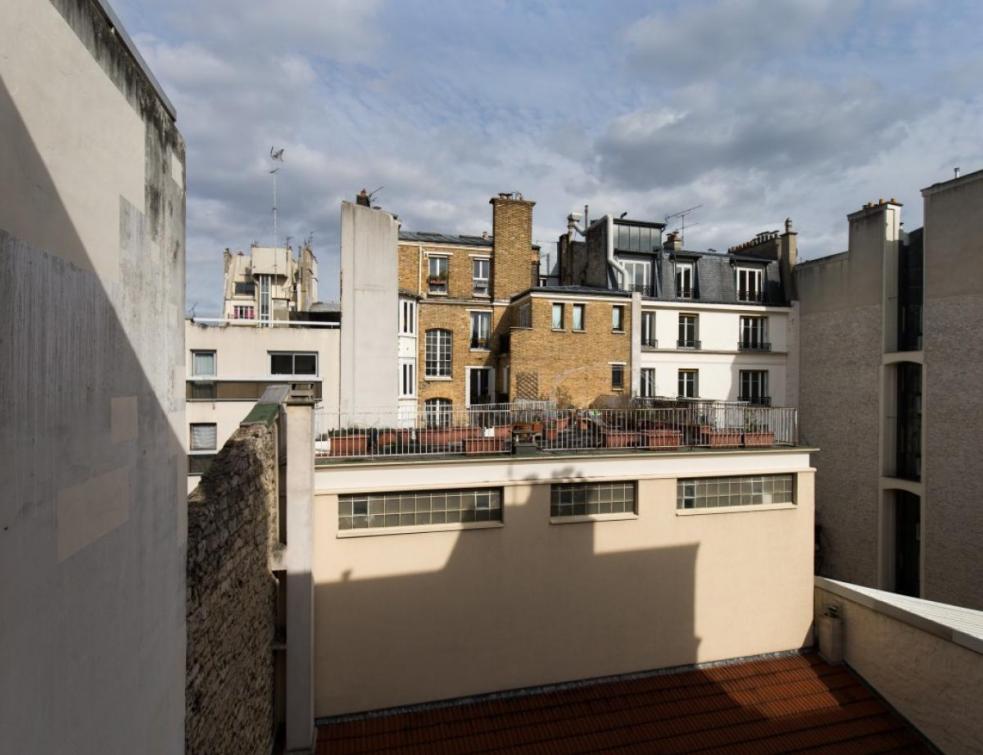

In t same year, 150 forced evictions took place involving 13000 individuals. In 2014, the national administration (Dihal) calculated 400 -500 slums, where 17000 to 20000 people were living. The phenomenon became more widespread / extensive (, despite the number of shelters opened.

In the late nineties Roma people and people from former Yougoslavia began to live in squats and slums, at a time when there was a peak of migration in France because of a civil war in Algeria.

Between 19, a range of legal initiatives and administrative tools were established in order to “substitute a logic of social care to a logic of public order”, according to Louis Besson, the French Housing Minister at that time.Īt the same time, over the past two decades?, France has been confronted with a re-emergence of squats and slums. In the late 1990s the prevention of evictions was a topic on the political agenda. General housing policy related to evictionsįor decades, forced evictions in France have affected mainly poor tenants and there have been very few repossessions?. Evictions in Franc do not often lead to homelessness, but the homeless have often experience an eviction. France ranking on arrears is 4th in the EU, with 21,7 per cent of poor tenants in arrears, (EU average: 37,4 per cent), whereas France is only 25th on forced eviction, with 0,24 percent of the population evicted (EU average: 0,14 per cent). This leads to a “French paradox”: here is a country where poor households are far less cost overburden than other European countries, but are more often in rent arrears, more often evicted through a long processin comparison with other EU countries?. Padraïc Kenna)įrance is an interesting country as it continues in quite a classic welfare state model, with extensive systemic tools including substantial borrowers rights, tenants’ rights, demanders rights under Roman law, allowances, a broad social housing stock and an obsession for universal equality, not always favourable to the best development for specific targeted policies.Įvictions are one of these phenomenon, that systemic policies ought to prevent and that targeted measures are supposed to solve.As specific measures, such as fund dedicated to subsidizearrears, meeting proposal bu social workers, local commissions to prevent evictions failed to to challenge the rise of evictions, France has witnessed an increase in evictions over the past two decades. A Comparative Political and Legal Examination. Pour la publication Loss of Homes and Eviction Across Europe.
#DROIT AU LOGEMENT OPPOSABLE LOI DALO PLUS#
The final part reflects on the options open to the new socialist government (since 2012).Sans doute mon article le plus sérieux, « revue par les pairs » oblige… mais en Anglais.

The third part develops the three main challenges that the actors supporting the ‘right to housing’ have to face, and presents an analysis of the political meaning of the law. The second part focuses on the period preceding the adoption of the law and the ‘policy window’ that made it possible (2005–2007). The rise of the right to housing, the origins of the law and the interplay of actors leading to its adoption are presented in the first section of this review. Nevertheless, a study of the decision-making process, and of the dynamics of the agenda-setting from at least 1990, shows that the enforceable right to housing was adopted as a result of a complex and long policy development path, with many players involved at different levels of the policy system. A superficial analysis might suggest that the law was merely the product of emergency. Since its rapid approval by Parliament, the law has been criticised for its apparent ineffectiveness to improve housing conditions. In France, an enforceable ‘right to housing’ ( Droit au logement opposable) was enacted in 2007.


 0 kommentar(er)
0 kommentar(er)
